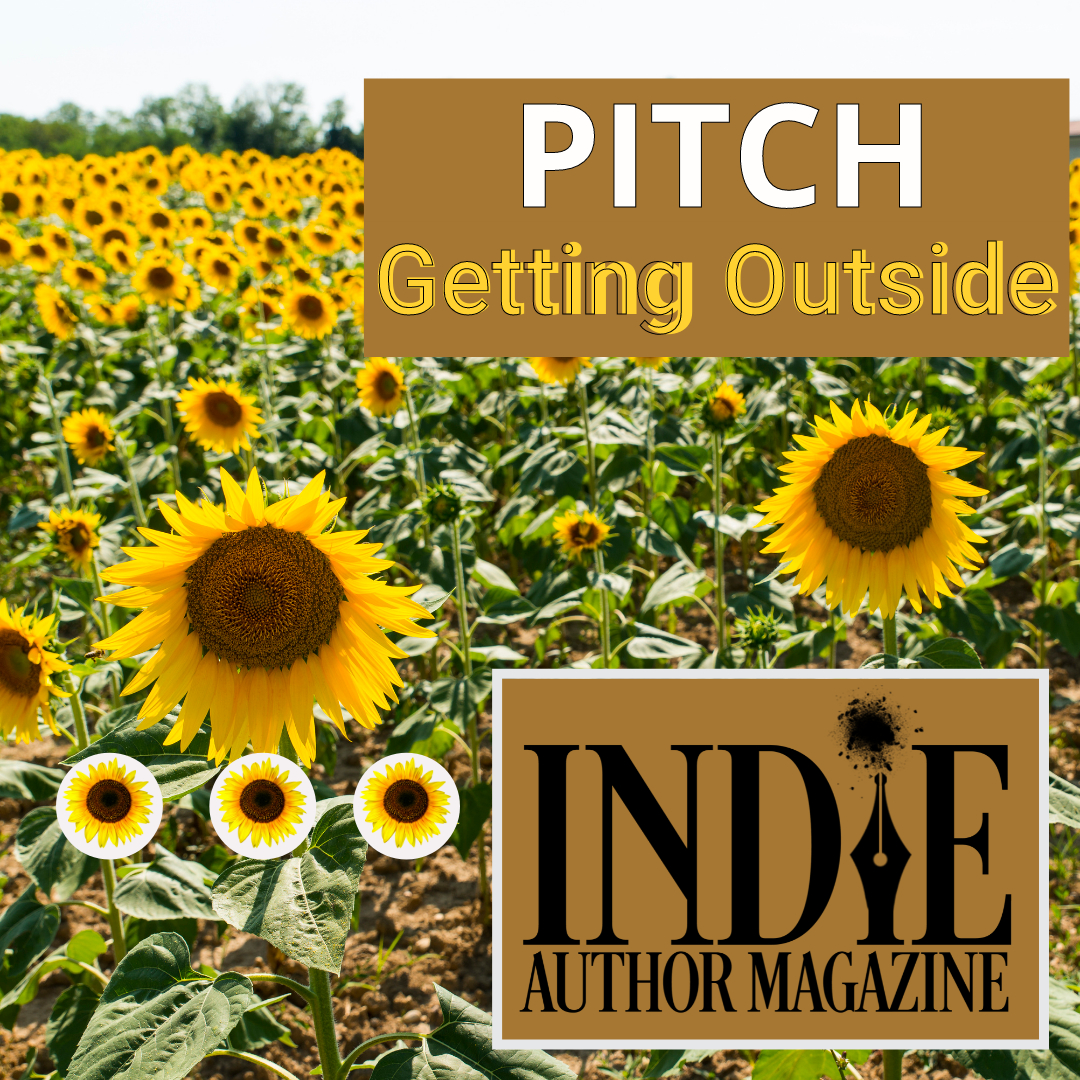How to Balance Life and Work as a Creative
We often think of work-life balance as an aim to keep work separate from our personal time. But as writers, our stories are almost always on our minds. For us, the traditional work-life balance might not exist; instead, aiming to separate our creative time and non-creative time may help us better transition between these two states.
Mental Fatigue: More Than Writer’s Block
Our brains are a cluster of neurons and synapses constantly firing in a whirlwind of activity—and that is when we’re just existing. A 2022 study in the Journal of Current Biology revealed that just as lactic acid builds up in our muscles after exercise, the brain can build up excess levels of glutamate in the prefrontal cortex. This area of the brain controls decision-making and cognition. With overuse, we experience brain fatigue. To simplify the medical jargon, when the brain is overworked, it will slow down until it can recover.
Brain fatigue affects our decision-making processes. When our minds are in a flow state, we are biologically driven by the rewards of dopamine and other feel-good chemicals. In a nutshell, we feel good, and our story is flowing effortlessly. But at some point, we tend to stall. Our rewards have run out, and our prefrontal cortex is overwhelmed with glutamate. Our body requires rest.
During this slowdown, we may stop thinking clearly and feel our brain lag from mental exhaustion. It is only through sleep and other meditative experiences that the brain clears up. This is why writing first thing in the morning is so effective for many writers—and why providing ourselves a regular break from creativity can be so important.
To Keep Writing, Stop Writing
As writers, being in overdrive can do several things to stop our progress: we can end up stuck in the muddy middle of a story or a thought, find ourselves jumping from project to project, or run into a wall that goes on for days. It can impact our interaction with the outside world as well—our families, friends, and co-workers can feel our mental absence or our grumpiness. But if, as the study states, our thinking brains are overworked, how can we help them recover?
Much of the advice we receive from the collective writing world says to take a walk, exercise, and do things to support other facets of our existence. In moments of transition, we are advised to seek activities to boost our creative spark: reading in our genre, watching YouTube videos on other authors’ success, exercising or taking walks as we think through our book’s troubles. These are all good for our creativity and for shifting our minds around the matters at hand. But none of these give our mind its needed rest. To recover, we need to truly turn off and allow the neurons and synapses to quiet.
Simplify for Success
Many writers use tools and timers to give themselves a five-minute break every twenty minutes. However, for a more productive mind, a shift into a non-thinking state for fifteen minutes every ninety minutes would be even more beneficial. This could be a dance party to music you save for this moment—just not the same music that you use for writing. It could be mindlessly stretching, or petting the cat while only letting your mind contemplate the softness of their fur. Try taking your dog for a walk with nothing but the breeze and falling leaves in mind. If you hike mountains while you dictate, make sure that you stop when your mind needs a break, and smell the roses, so to speak. Find a boulder and take in the smell of the pines until your mind reconnects with your story.
Whatever you do to give yourself a break, focus only on that moment. When we are present with an activity that is relished for its simplicity, our minds relax. You’ll soon find yourself ready to get back to writing with a recharged brain and a refreshed system.












